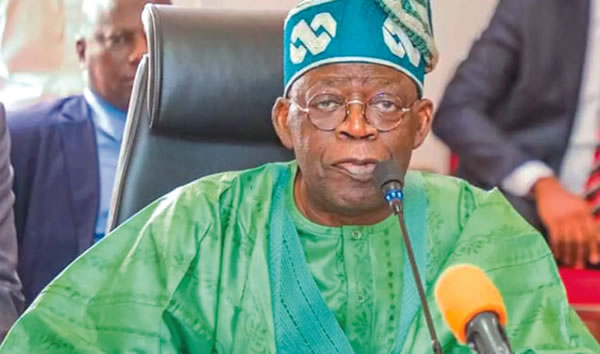The Deputy Secretary General (DSG) of the United Nations, Amina Mohammed, met with President Bola Tinubu on Friday to debrief him on the effort to restore constitutional rule in some West African countries that have recently fallen under military juntas.
Speaking to correspondents after the meeting at the presidential villa in Abuja, she said that apart from debriefing the president on the proposals he had earlier made to keep the dialogue going forward as the Chairman of the Authority of ECOWAS, they also appraised emerging challenges.
She revealed that they dwelt on the possibility of including economic development for the countries so that the people of the countries do not suffer.
The countries now under military rule in West Africa are Niger, Mali, Burkina Faso, and Guinea-Conakry.
The former Nigerian Environment Minister stated: “My visit here was to see Mr. President and to give him a debrief on the visit of myself and my delegation within West Africa, Senegal, Guinea-Conakry, Mali, Niger, and Burkina Faso.
“We went to Ethiopia also on a finance mission.
“We were able to debrief on the proposals that he had made to try to keep the dialogue going for some of the states that we have challenges with.
“But at the same time, we also looked for the possibilities to include more economic development so that the people don’t suffer at the same time.”
She pointed out that the UN is not negotiating on behalf of ECOWAS but is supporting the subregion.
Asked whether the world body was in negotiations on behalf of the bloc, she said, “Absolutely not. Absolutely not. The UN does not negotiate on behalf of ECOWAS; what it does is support the leadership of ECOWAS, and that’s why we came here to debrief with the President.”
On what the UN is telling the countries, the DSG said: “Well, what we are telling these countries is that a number of them have a crisis. They have unconstitutional changes, and what they must do is come back to a transition and a process towards democracy.
“On the other hand, they have to also look at the development paradigm for their people; there is terrorism. But there’s also a need to look at jobs, food security, and energy. All those also have to continue.
“Now if they can display a roadmap that gives everyone some confidence that there is a return to democratic rule, then they will find the support. I believe that in ECOWAS, we are a family.
“Regional integration is at the heart of it. It is what these countries have said. And the proposal by ECOWAS in its last meeting to have President Faye of Senegal and President Faure of Togo continue that dialogue and engagement is a good one.”
On the response of the countries, Mohammed said: “The response from them is that clearly they feel that they have not had the same support of ECOWAS that they envisaged and a lack of understanding that in some cases, they of course are going to go ahead with their alliance, but at the same time they express their priorities.
“First was security and the fight against terrorism. The second was investments that they were looking for in certain areas like food security and job creation for young people.”
ALSO READ THESE TOP STORIES FROM NIGERIAN TRIBUNE
